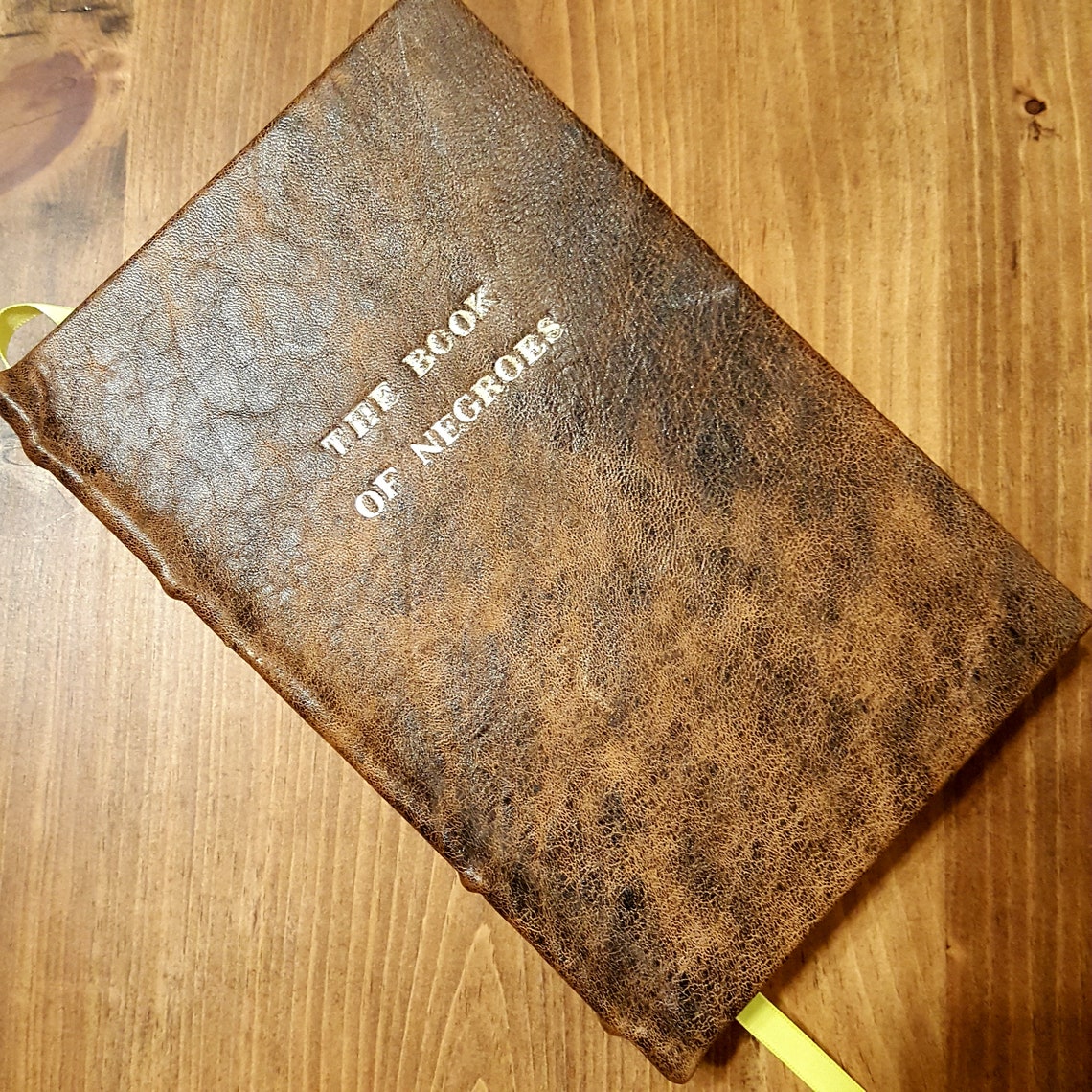


Murphy's examining of the neo-slave narrative with Christina Sharpe's conceptualization of the wake and Alexander G.

Thus by interlacing, within the context of black critical theory, Yogita Goyal's and Laura T. What does it mean in the current global capitalist conjuncture that a novel about the slave trade has generated so much money? In the Canadian context, what might the popularity of the novel, and its narration of pedagogical moments such as the one related above, say about the nation’s collective need to speak, and learn, about its history of slavery, a history that largely goes unacknowledged in dominant national narratives? More broadly, this article also examines the cultural and economic currencies of narrating black diasporic and black Canadian histories through popular literature.The publication of Esi Edugyan's Washington Black has placed the novel among other works of history and art, which recall the material and epistemic violence of institutional racism and the lasting trauma of its legacy. This essay explores the material and cultural capital generated by the novel’s popularity. This is a notable and perhaps surprising accomplishment given the novel’s subject matter: its explorations of slavery in the Americas, and its narration of the middle passage. Published in 2007, the novel has achieved unprecedented success, selling over one million copies in Canada and internationally. Starting from this exchange, this article undertakes a textual and paratextual exploration of identity, currency, and the practices of cultural consumption in The Book of Negroes. Aminata’s realization that the coin is named after Africa and that "From my homeland the buckra were taking both gold and people, and using one to buy and sell the other" is a sophisticated and powerful indictment of the economics of slavery. In Lawrence Hill's novel The Book of Negroes, Aminata’s slavemaster, Lindo, gives her an economics lesson, explaining the particular value of the gold guinea coin.


 0 kommentar(er)
0 kommentar(er)
